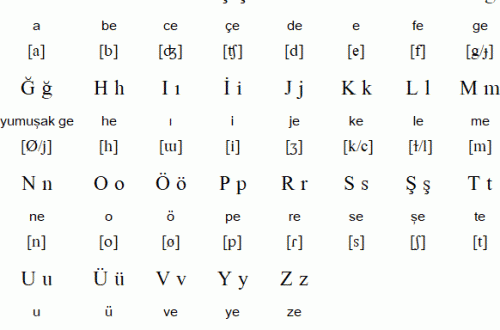
Why is circumcision in Turkey a centuries-old rite of passage?
There is a lot to be said about circumcision in Turkey. All societies have rites of passage. Those of transition from one age to another and those of one status to another. Turkish society, having made a synthesis of Islamic, Anatolian and Central Asian behaviors, has several of them. Let’s take a look at one of these rites of passage, both religious and traditional, quite codified but with some regional variations. This is circumcision in Turkey (sünnet).
If, during your wanderings in Turkey, you come across a child dressed as an Ottoman prince, scepter and saber in hand, the sultan’s headdress on his head, don’t think of a costume ball in the neighborhood! This child with an often strained smile is destined to be circumcised by a fenni sünetçi (professional circumciser). As he will become a “man”, he is entitled to this rewarding (and somewhat kitsch) outfit and to a party where, as always, we will hang gold coins on his costume. The one who will hold his penis during the act of circumcision will be his kirve, who, like a godfather, will watch over him all his life.
Circumcision, one of the oldest rituals of humanity since the cult of the mother goddess of the Neolithic period, is a rite of passage in the Abrahamic religions heir to the pagan rituals of the fertile crescent. Absent in the Koran, it is a ritual of the prophetic tradition, the sunnah, hence its name. In Turkey, circumcision is usually done between the ages of 6 and 11, although there is no specific time, like the brit milah in Judaism. The cut foreskin is sometimes buried, perpetuating millennial traditions. The circumcision feast in Turkey being a very important event, in wealthy families it can take on disproportionate proportions. Conversely in Turkey, one of the services of the municipalities of small localities is to offer a collective circumcision session to modest families, where tens, even hundreds of children are circumcised together. Whether he operates in a sumptuous luxury hotel with thousands of guests or modestly in the street in front of a gecekondu, the circumciser, after his gesture, while the child is crying, pronounces the same magic formula: Oldu da bitti maaşallah, nazar değmez inşallah! (There, it is already over according to the will of Allah / May the evil eye not touch him if that is what Allah wills).
But what exactly is this nazar? That famous blue eye you see everywhere in Turkey? The Mosaic Museum of Antioch (Antakya), in south-eastern Turkey, displays a Roman mosaic (2nd century AD) In it we see an eye, target of spears, attacked by a dog, with the inscription in Greek ΚΑΙ ΣΥ (And you!) which, according to the most widespread interpretation (but there are others) means “May what you think for me come true for you”. It is one of the many representations of the belief in the evil eye, which we must protect ourselves and what is precious to us. Throughout Turkey, but also far beyond, this protection is done through a blue eye, called nazar boncuğu (pearl of bad luck). Because the nazar can touch anywhere at any time, even when there is no bad intention. All it takes is for a friend to tell you that you have a nice house for the roof to collapse, all it takes for people in the street to look at your baby tenderly for your toddler to catch a disease. So you have to wear a nazar boncuğu all the time. If, on social networks, you publish a photo of your child, you will see your Turkish friends sending you nazar boncuğu emojis (yes, that exists) in quantity. But sometimes the blue eye is not enough. It takes a combination of pagan gestures, bizarre onomatopoeia and invocation of the God for effective protection. Be careful, the choreography is complex: you first imitate the gesture of spitting three times with the sound “tou, tou, tou”, you then pull the lobe of your right ear by imitating the sound of a kiss supported with your lips , you then knock three times with the joint of your index finger on wood while saying Kırkbir kere maaşallah (forty-one times according to the will of Allah) while insisting on the sound “ş”. The nazar, then, can no longer “strike”.




